It’s time for a good old-fashioned rant, wouldn’t you agree? I’ve heard it said before that music used to sound so much better back in the day, or that “they used to actually play real instruments,” or that they actually played their own instruments or that the musicians used to actually write their own songs. . .
If you’ve heard these words exit your own mouth in some fashion or another then I implore you to weigh these opinions against the following thoughts. If not for any other reason than to give you a fresh perspective, you may find yourself leaning the other direction; or at least in a new state of understanding.
Music is and always will be in a constant state of evolution, or progress, for lack of a better term, as all art forms have always been. If you analyze painting, sculpture, architecture, music, theatre – any form of art, really – then you’ll see that they have each changed over the centuries (and more often than not, they also changed together). The Renaissance era broke the previous mold for each of these artistic disciplines, and so did the next era (Baroque), as well did the next (Classical) and the next (Romantic), and the next, and on and on it goes, each time building upon the principles of the previous movement.
But sometimes in order to build on the concepts of the previous generation, you need to tear certain aspects of them down. So many factors can play into how and why this happens: times of war vs. times of peace, technological innovations, political oppressions vs. freedoms. . . Just compare the attitude of the 1950’s to the 60’s in America, and then the 60’s to the 70’s and you’ll see what I’m talking about. And of course that change in attitude was reflected in music, film, art; pretty much every aspect of the culture.
And to think that these changes in music (let’s just focus there for now) are unique to my timeline, or to yours, or to your parents’, is purely nonsense. It’s always happened this way. The previous generations always prefer their music while the newer ones always use the technologies of their time to improve upon, or develop, the older rules. Whether or not it truly is an improvement is left to the eye of the beholder, but in every sense of the word it is in fact progress nonetheless.
Sometimes this results in the music becoming more sophisticated and complex, while other times resulting in the simplification of music as a whole. We saw something similar happen about 300 years ago when Baroque music went the way of Classical (from EXTREMELY complex to elementary at times, favoring form and structure over intricacy), and then things picked up when it went Romantic (as emotion began to enter the influence of the muses), only to be deconstructed with atonalism and other 20th Century composition techniques, then simplified again when early jazz and swing happened (almost everything was some form of 12 bar blues and rhythm changes), and then deconstructed again for bebop (favoring complexity and organized chaos), and then it came down for early rock & roll (back to 12 bar blues), and then it picked up again for fusion and prog (combining influences of Rock and Jazz and Funk), and then the 80’s (glam and then punk, resulting in commercial vs. raw) and the 90’s (the dawning of the age of computers), and now. . . Well who knows what’s coming next.
The point is that I think music history shows us an ever constant ebb and flow of the ratios of complexity to simplicity. When you close your eyes and think of the word “Band” you might think of (depending on when you grew up) 2 guitars, 1 bass, a drummer and a lead vocalist. But go back just 40 or 50 years and the word “Band” meant a small string section, a horn section, a rhythm section, background singers and a lead vocalist – but CERTAINLY no electronic instruments. Back up just a little further and the word “Band” meant orchestra (100 or so musicians). I think you get the idea here; music, as well as the methods we use to make it, has changed every step of the way and will continue to change for as long as people wish to make it.
Now here’s where things get interesting: what used to take centuries or decades to evolve now can take months or even weeks. Our technology is such that trends can reach unimaginably large audiences in mere minutes, so it’s no wonder that we’re evolving at an unprecedented rate. But to think that this is unique to us is just silly; it’s always happened. And it always will. And truly, it is for the better (whether you agree with it or not). The new generation needs to deconstruct the old. It’s how our civilization functions, it’s how we achieve progress; it’s how we express ourselves.
So the next time you find yourself “not getting it” (i.e. not understanding why a kid with a laptop is now considered a musician, not understanding why tens of thousands of fans go to a music festival to hear that guy who didn’t even write his own songs, etc.), just keep in mind that, in a way, you’re not really supposed to. Also keep in mind that the orchestra (made up of acoustic instruments only) probably thought this electronic instrument thing was just a fad, and that the drummers thought the drum machine was just a fad, and that lead guitarists thought that bands who only play powerchords were a fad… It’s much more cyclical than you may realize.
Also keep in mind that these new generations of musicians, as well as the music that they create, are standing on your shoulders. So rather than trying to tear down the wall that they’re building, take pride and accept the honor of being a strong foundation for them to stand on. To build upon. Because it’s happening either way; would you rather them stand on your shoulders or your grave?
If you think about it, you really only have two choices: you can be included by the new generation or buried by them. That part, at least, is your decision.
Rant over 🙂


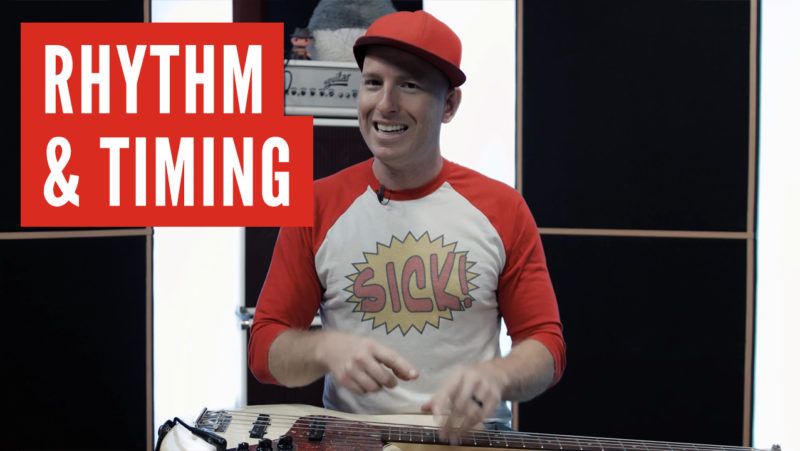
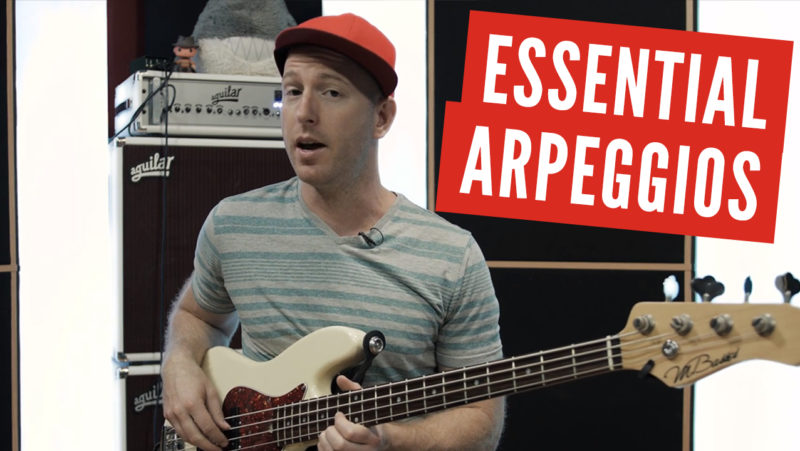
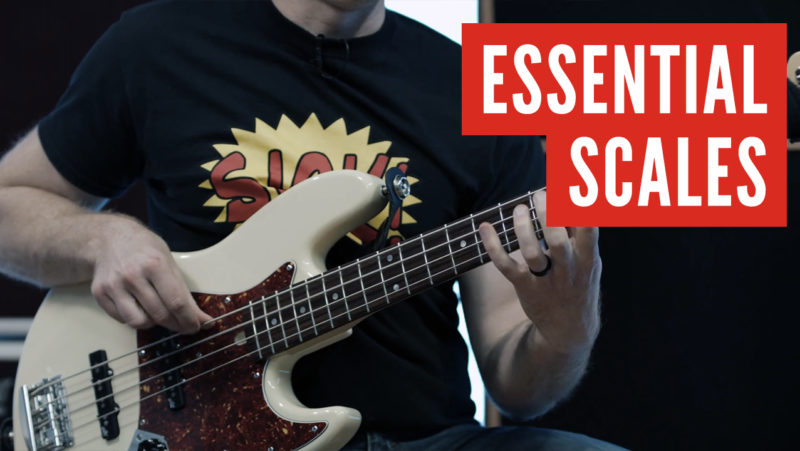
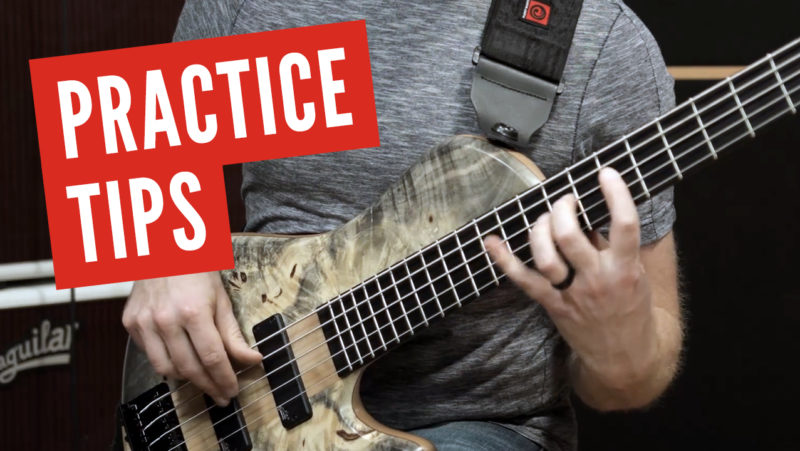
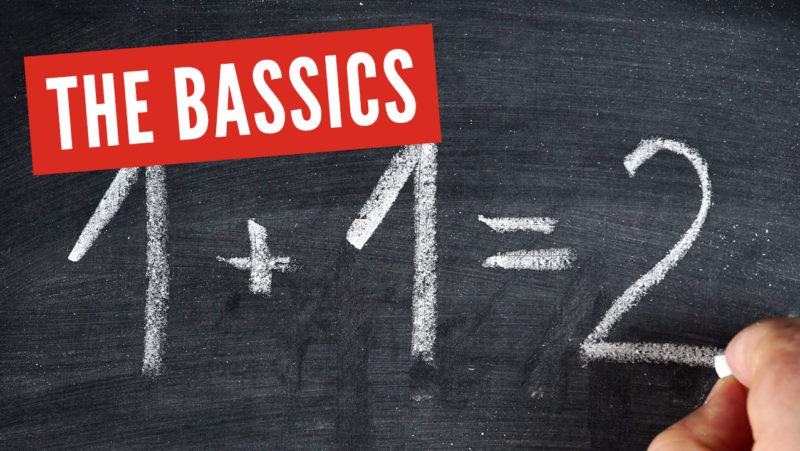
Walter
Totally agree with You.
I always hear that ‘music was better in the 70s, today there’s no creativity’ and am so tired of this nonsense.
It’s the same way that our parent’s generation talked about us doing that creative music at the time.
We shouldn’t make the same mistakes all over again and accept the music our kids are creating, even if we maybe don’t understand it at first as our parents did (not).
I’d rather rant about the people stuck in the old and seemingly better times instead of embracing the new creativity and perhaps creating something new for themselves.
I think if You’re open for new creativity You’ll understand it after a time and maybe get a better musician.
For me it’s great to see those young people creating different things than we did. The best is if I’m able to support them with my nearly 50 years of experience as a bass player and musician and getting new ideas for my own music.
Not evolving further is the death of musicianship in my opinion.
Jayme
“I think if You’re open for new creativity You’ll understand it after a time and maybe get a better musician.”
Absolutely! I often find that people who think there’s no good “new” music out there just aren’t savvy enough to go find it. It’s not the radio anymore, it’s the internet. There’s TONS of new artists that sound just like the ones you like, but you won’t hear em on the radio or MTV. A simple Spotify/Pandora search will unlock a whole new world to them.
“Not evolving further is the death of musicianship in my opinion.”
I can’t think of a better way to state this. Funny thing is, it only dies for the person refusing to evolve – literally the problem for James Jamerson when he moved to LA with Motown in the 70’s 🙁
However, music and the up-and-comers making it will always evolve – they have to. It’s just us old fogies that refuse and get left behind. Thanks for reaching out Walter!